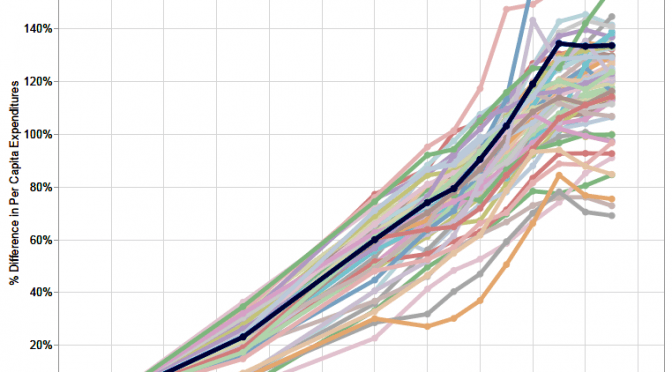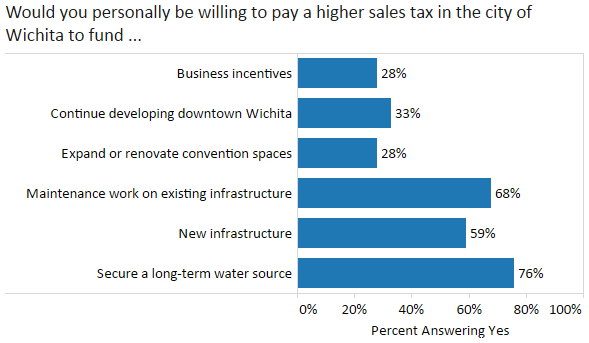Washington Examiner writer Tim Carney notices the curious stance of a Republican candidate in the Kansas fourth district primary: He likes earmarks.
Washington Examiner senior political columnist Timothy P. Carney knows how Washington works. Of his 2006 book The Big Ripoff: How Big Business and Big Government Steal Your Money, Paul A. Gigot, who is Editorial Page Editor of the Wall Street Journal wrote “Politicians like to say that government is on the side of the little guy. But with impressive documentation and persuasive examples, Tim Carney shows how government power and regulation are typically used to assist the powerful.”
On the contest in the Kansas fourth district between Mike Pompeo and Todd Tiahrt, Carney observed “Kansas’s 4th District features one of the oddest fights yet of the counter-Tea Party effort: a quasi-lobbyist running running on a pro-earmark platform.”
 Carney isn’t the first to notice the pro-earmark stance of Tiahrt. It’s not a secret, as the candidate himself speaks in favor of earmarks. His voting record reflects his support. In 2007 Club for Growth, whose motto is “Prosperity and Opportunity through Economic Freedom,” compiled a list of 50 votes that canceled what it called wasteful earmarks, explaining as follows:
Carney isn’t the first to notice the pro-earmark stance of Tiahrt. It’s not a secret, as the candidate himself speaks in favor of earmarks. His voting record reflects his support. In 2007 Club for Growth, whose motto is “Prosperity and Opportunity through Economic Freedom,” compiled a list of 50 votes that canceled what it called wasteful earmarks, explaining as follows:
The Club for Growth has compiled a RePORK Card of all members’ votes on all 50 anti-pork amendments. “Taxpayers have a right to know which congressmen stand up for them and which stand up for the special interests,” said Club for Growth President Pat Toomey. “Unfortunately, the Club for Growth RePORK Card shows that most congressmen care more about lining their buddies’ pockets than they care about protecting American taxpayers.”
Analyzing the results, Club for Growth noted that 16 members voted for all these amendments. These members were all Republicans. The average Republican score was 43%. The average Democratic score was 2%. The average score for appropriators — these are members of the Committee on Appropriations like Tiahrt — was 4%.
Where was Todd Tiahrt on this list? Tied for last place at 0%. He voted for none of these amendments that would have blocked earmark spending. Of the group that Tiahrt voted with, Club for Growth noted “105 congressmen scored an embarrassing 0%, voting against every single amendment. The Pork Hall of Shame includes 81 Democrats and 24 Republicans.”
Club for Growth created a similar tally in 2009, selecting 68 votes. That year, Tiahrt did better, voting for 20 of the 68 measures.
Quasi-lobbyist runs as earmarker in Kansas GOP primary
By Timothy P. Carney, Washington Examiner
Former Rep. Todd Tiahrt is a man on a mission — to reclaim the Republican Party for earmarkers.
Tiahrt represented Kansas’ 4th district for 16 years, and for 14 of those years he sat on the House Appropriations Committee. From that perch, Tiahrt was a prolific porker, dealing out earmarks as if they were playing cards.
Continue reading at Quasi-lobbyist runs as earmarker in Kansas GOP primary.













